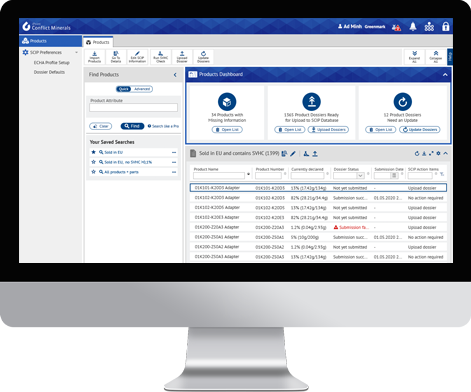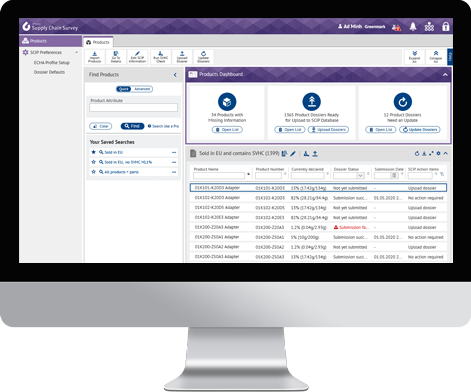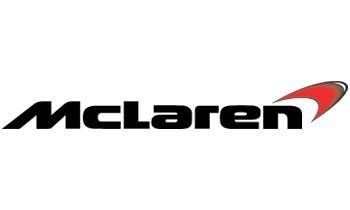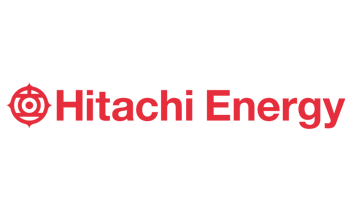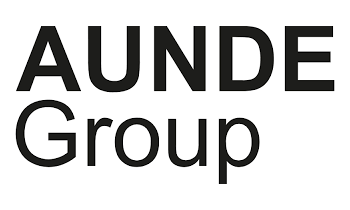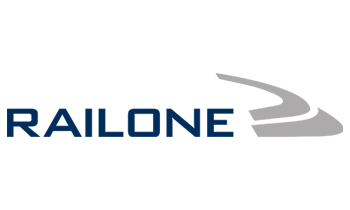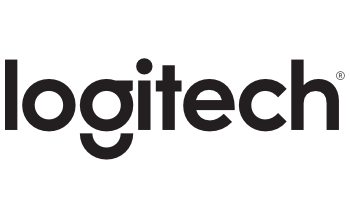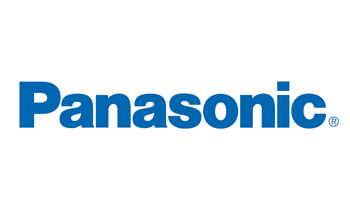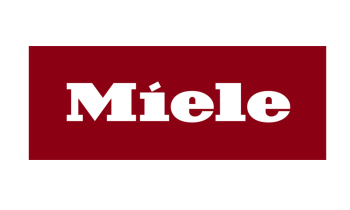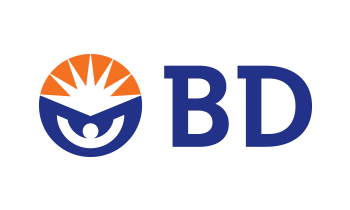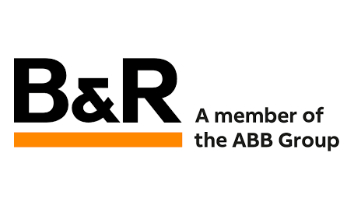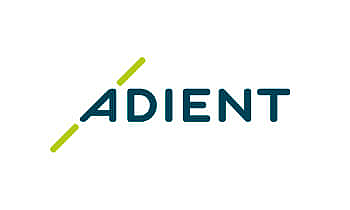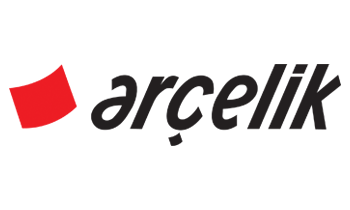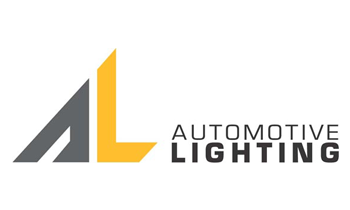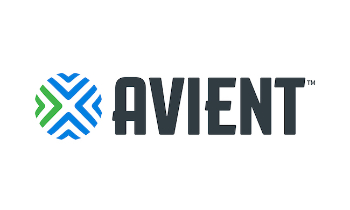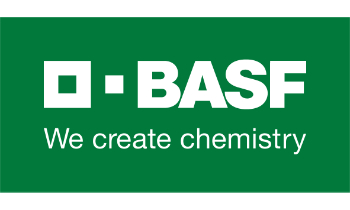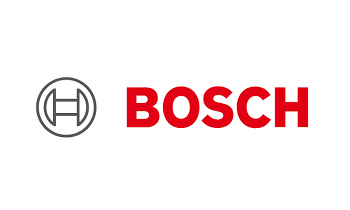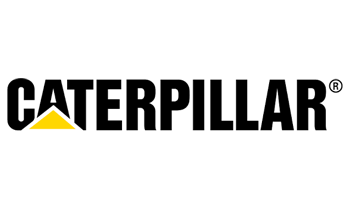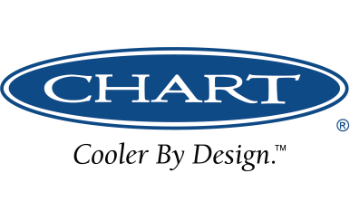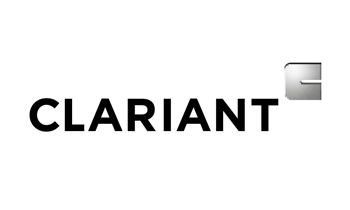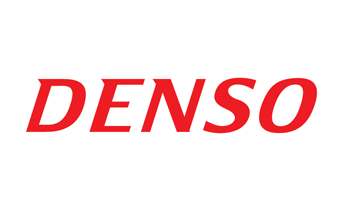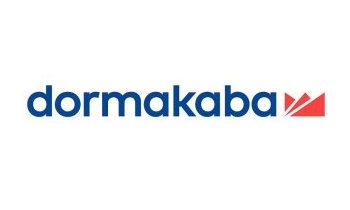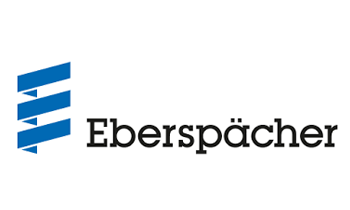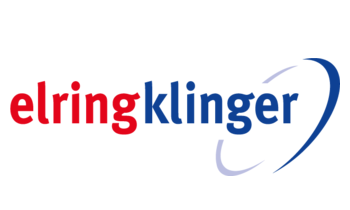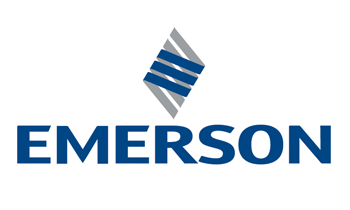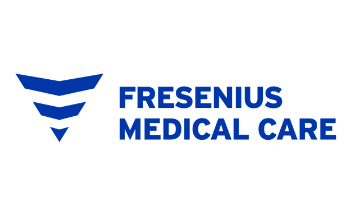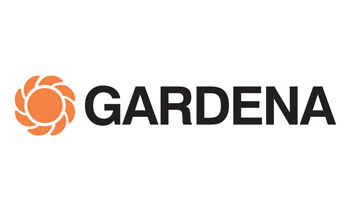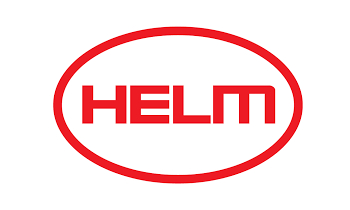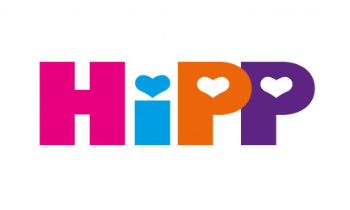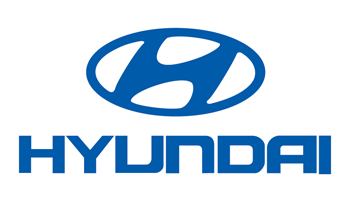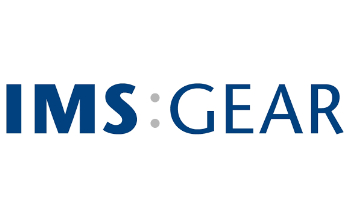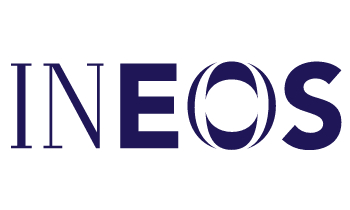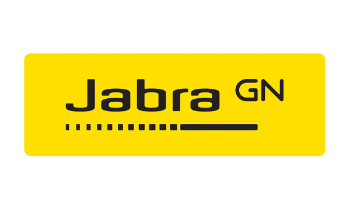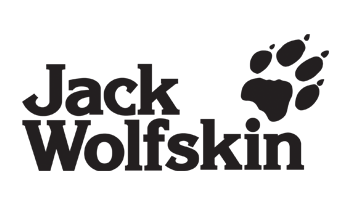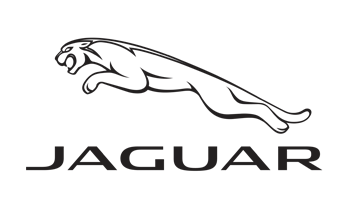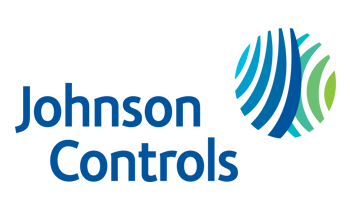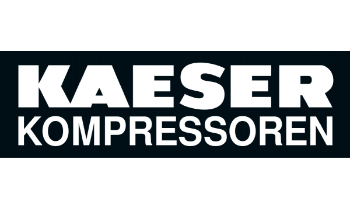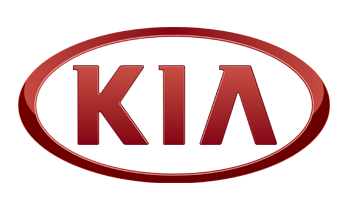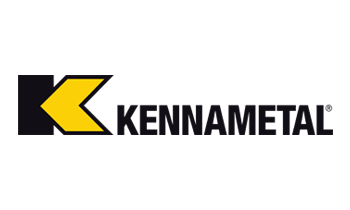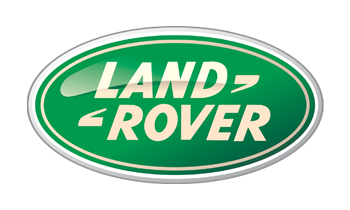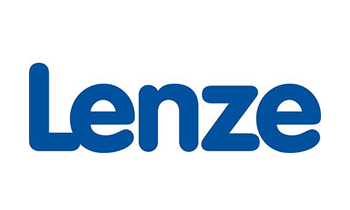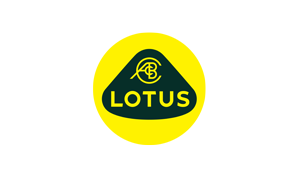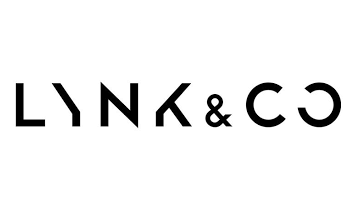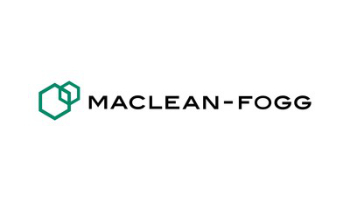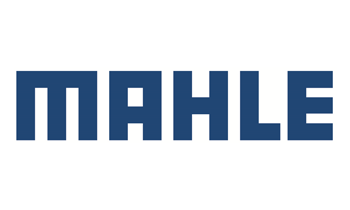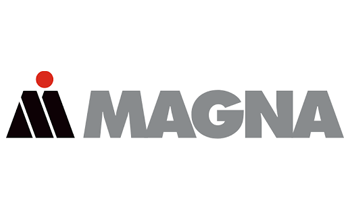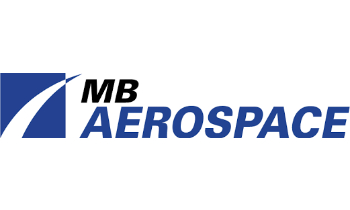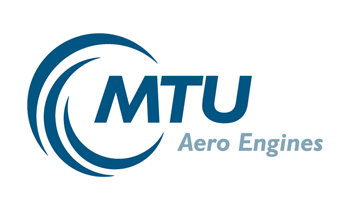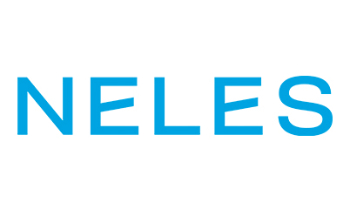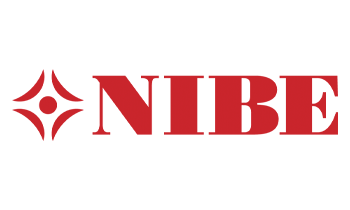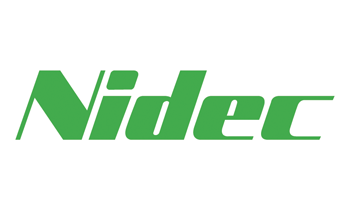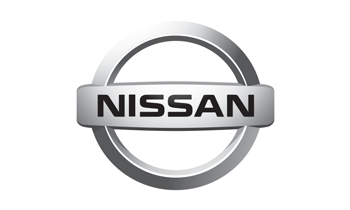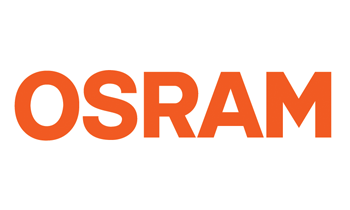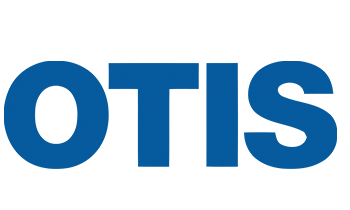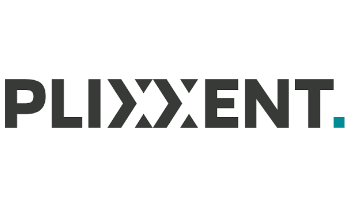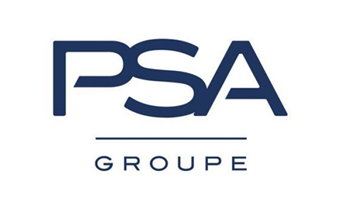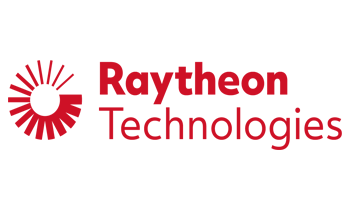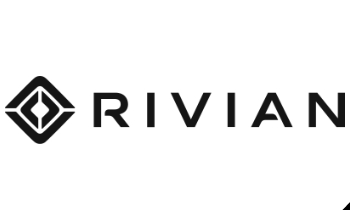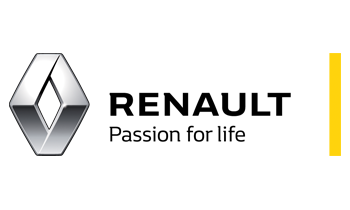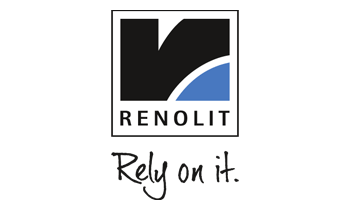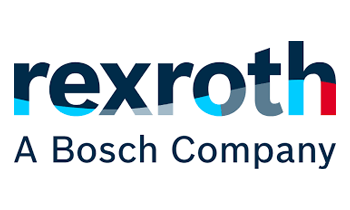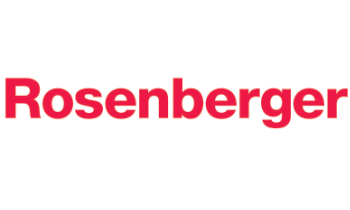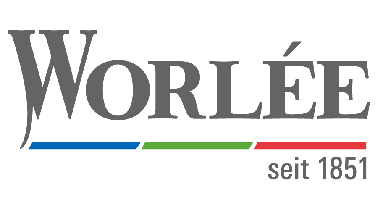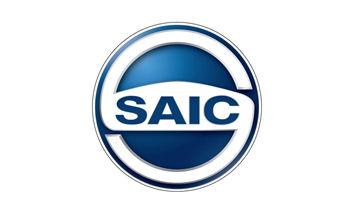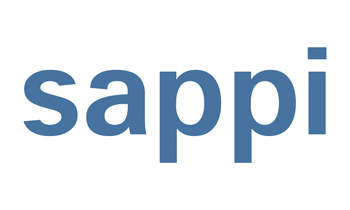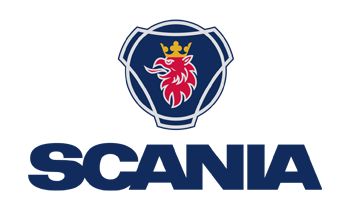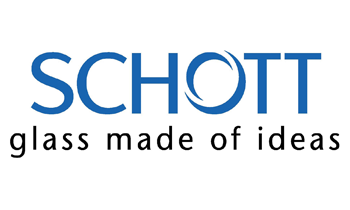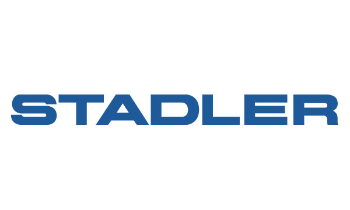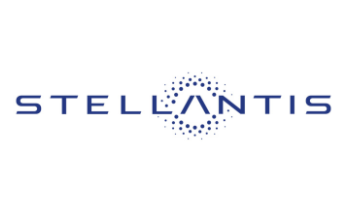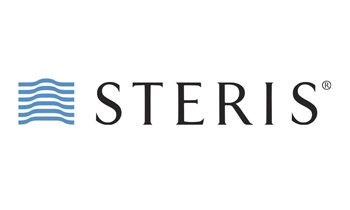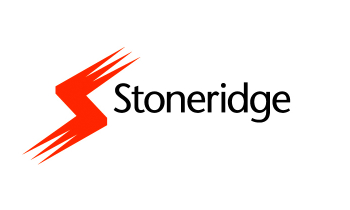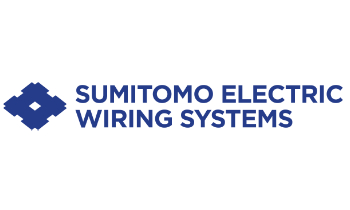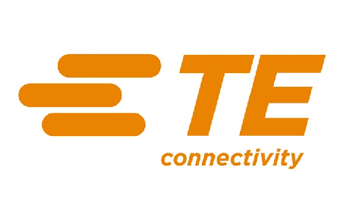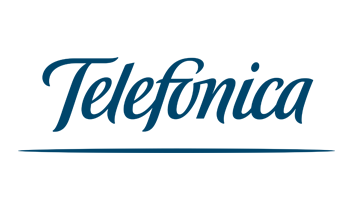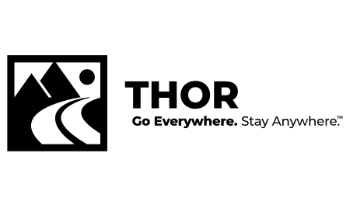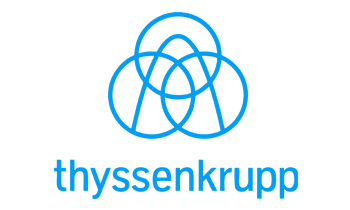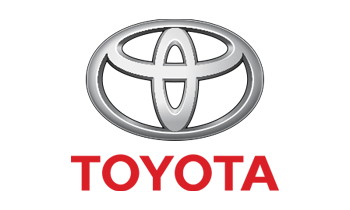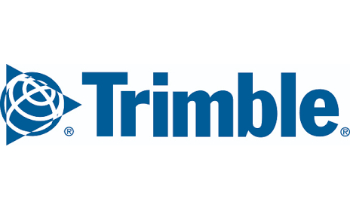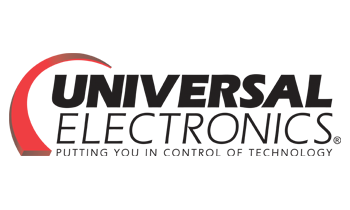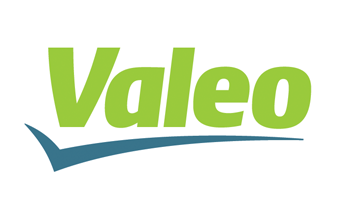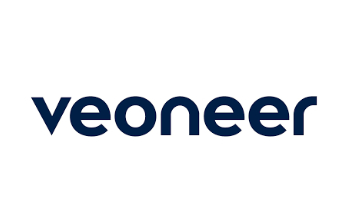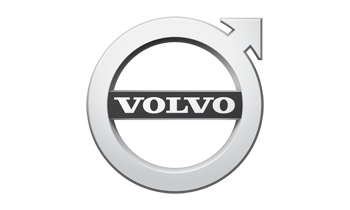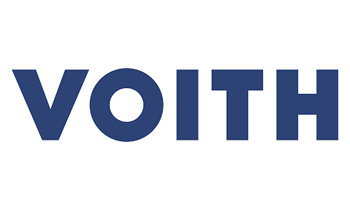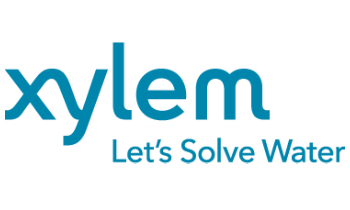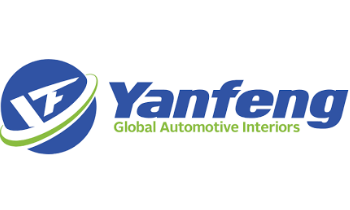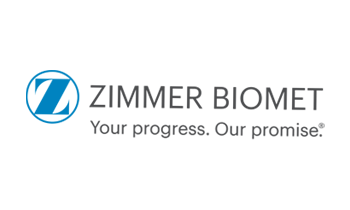Our Human Rights Solutions
From compliance to purpose-driven due diligence
Regulations such as the California Transparency in Supply Chains Act (2010), the EU Non-Financial Reporting Directive (2014), the French Devoir de Vigilance law (2017), or the Modern Slavery Act Australia (2018) have turned the spotlight on human rights issues as a major financial and reputational risk for companies and their supply chains. Upcoming legislation, e.g. in the EU, will put further pressure on companies to ensure the protection of human rights in their operations and supply chains. Driven by ESG requirements, the SDGs, and similar voluntary non-financial criteria and goals, more and more companies are going beyond regulatory compliance by establishing proactive human rights-related practices.
Tracking human rights violations
Supply chains are often complex, with multiple players at each tier, and fragmented due to increased subcontracting. Victims of human trafficking and forced labor are especially at risk due to the lack of transparency in complex supply chains.
iPoint’s solutions
iPoint’s software enhances your supply chain management and gives you greater visibility and control throughout your supply chain. It helps you identify and mitigate the risks of negative impacts like inadequate labor conditions, thus protecting your brand reputation. You can benefit from the iPoint Supply Chain Survey to identify, track, and prevent human rights violations in your supply chain and adapt your anti-human trafficking, ethical, or human rights programs accordingly. iPoint Conflict Minerals enables you to collect, manage, aggregate, and report conflict minerals information along your supply chain.

Benefits
Features
Functionalities
Discover the iPoint Suite

How to collect information from your supply chain
When it comes to collecting information from your supply chain, having certain industry standards, such as the Conflict Minerals Reporting Template (CMRT) is very helpful. However, how do you collect information where a standard may not exist? In this video you will learn how you can use iPoint Supply Chain Survey to collect critical information from your supply chain.

Homeland Security and Your Supply Chain
The US Department of Homeland Security is committed to enforcing laws against human trafficking and forced labor. What does their new "strategy" document means for you and your company?

Source responsibly
iPoint Conflict Minerals
Cobalt, EU-3TG and Sanctioned Entities – Why you should establish proactive business practices to manage the shift from conflict minerals compliance to responsible sourcing.
What is Human rights due diligence
Regulations like the California Transparency in Supply Chains Act (2010), the EU Non-Financial Reporting Directive (2014), the UK Modern Slavery Act (2015), the French Devoir de Vigilance law (2017), and the Modern Slavery Act Australia (2018) require companies to take action to tackle and eradicate human trafficking, slavery, child labor, and other forms of human rights abuses within their own operations and supply chains. In order to comply with this emerging set of regulations, companies will need to improve their due diligence processes and increase transparency regarding how they identify and respond to human rights issues and risks.
Identifying, assessing, and mitigating risks related to human rights abuses throughout businesses and across supply chains poses a huge challenge to manufacturing companies due to the intricate web of internal and external entities involved.
Furthermore, many companies rely on haphazardly grown systems to support their risk management efforts, using a combination of manual procedures, spreadsheets, and auditing/certification processes spread across various regions, corporate silos, and numerous suppliers and sub-suppliers.
Continuously monitoring activities and risk indicators as well as producing one consistent, reliable overall corporate view of the status and extent of human rights-related risks can be extremely difficult when using home-grown systems, tools and techniques and resulting in inefficient, unreliable and frustrating processes.
electronic Labor Rights Template (eLRT)
eLRT, short for electronic Labor Rights Template, is a free, open-access, Excel-based template designed to support companies in their compliance with global human trafficking and modern-day slavery legislation.
The template facilitates the collection, analysis, communication, and reporting of the relevant anti-slavery measures through the supply and provision chains in accordance with the regulatory and company-specific requirements.
An automated version of eLRT is offered as part of the iPoint Supply Chain Survey.
iPoint's Consulting Services
Based on close monitoring of existing and upcoming regulations, guidelines, and industry standards, iPoint's Consulting Services for Human Trafficking and Modern-day Slavery Legislation support the key stages of your risk management and due diligence process.

